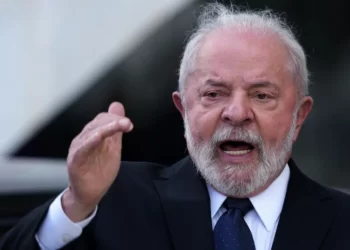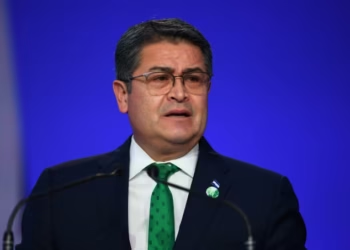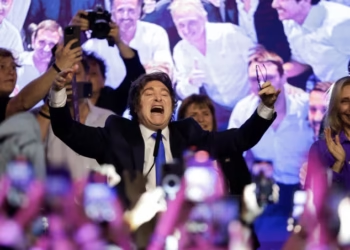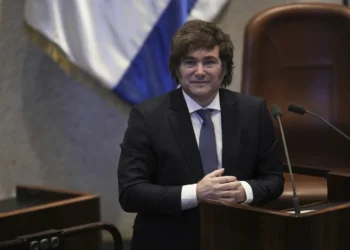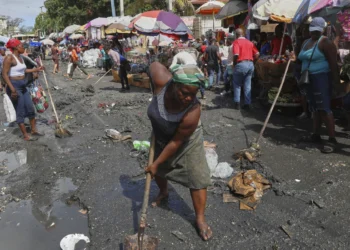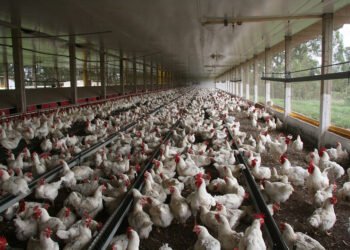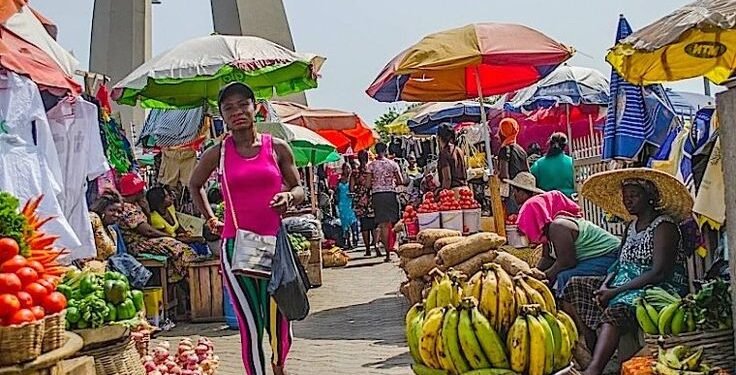José Raúl Mulino, a former Security Minister, has emerged as Panama’s next President.
Amid record turnout, Mulino won 34.3% of the vote, followed by the lawyer Ricardo Lombana on 24.8% and former president Martín Torrijos on 16%.
Mulino, was a late entry in the race.
Mulino only became a candidate in February when he stepped in to replace former President, Ricardo Martinelli, who took refuge in the Nicaraguan embassy in Panama City after local courts ratified his sentence for money laundering.
Mulino himself was at risk of being disqualified by the supreme court until just two days before Sunday’s vote, because he assumed the candidacy without going through party primaries.
The election took place in the shadow of Martinelli, whose popularity despite his conviction for money laundering reflects both the political outsider status he has cultivated and the fact that Panama saw formidable economic growth during his presidency from 2009 to 2014.
Arguably, the most important tool in Mulino’s campaign was Martinelli’s strong support.
While he lacks Martinelli’s charisma, the economic boom seen under Martinelli’s rule pushed many voters to support Mulino.
The former President, who has been sheltering in the Nicaraguan Embassy since February after receiving political asylum, said his trust for Mulino dates back 30 years.
“Mulino seems a little tough, but he is a good guy, serious, and is the only one prepared to take on this great challenge and knows how the economy works to lift the country,” Martinelli said in a video broadcast to supporters at Mulino’s campaign close.
In his victory speech, Mulino declared that his government would welcome business and investment without forgetting “those who are hungry and in need of drinking water across the country.”
“In spite of everything they did to me during the campaign, I won’t take a drop of vengeance against anyone,” he added, before declaring the end of “political persecution” in the country.
The President-elect will have to address a cocktail of social discontent with just a fraction of the seats in parliament.
Mulino will have to build a majority through coalitions as he attempts to address a sputtering economy, historic levels of US-bound migration through the Daríen Gap, and a drought that has slashed the number of ships passing through the Panama Canal.
Panama is facing an economic slowdown.
Panama has also recently been rocked by two unprecedented protest movements, one to do with the rising cost of living and deficient social services, and the other to do with the government’s opaque renegotiation of the contract for the Cobre Panamá mine.
The International Monetary Fund expects growth of 2.5% in 2024, down from 7.5% in 2023.
It remains to be seen the extent to which Martinelli will influence Mulino’s presidency.
Controlling Migration, A Shared Goal Between Panama And U.S
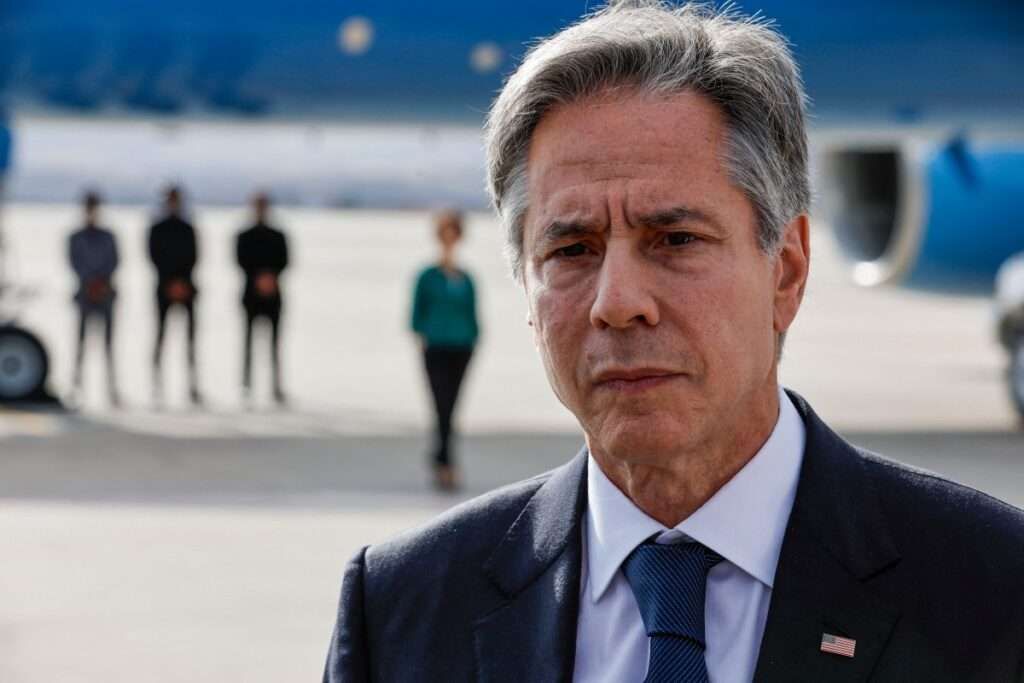
U.S. Secretary of State Antony Blinken noted that controlling migration was one of the countries’ shared goals in congratulating Mulino for his victory.
“I look forward to continuing our strategic partnership and advancing our shared goals of democratic governance and inclusive economic prosperity,” Blinken said in a statement.
“Looking ahead, the United States will continue to work with Panama on our common goals of inclusive, sustainable economic growth, bolstering citizen security, and cooperatively curbing irregular migration through the Darien,” he added.
Mulino has promised to stop soaring levels of migration through the Darien jungles, where more than a half million people crossed last year, though experts question the viability of his plan due to the sheer quantities of vulnerable people traveling through the passage.
“I will make the effort to end this migratory crisis in our territory with respect for human rights and with sincere international participation,” Mulino said at the closing of his campaign last week.




